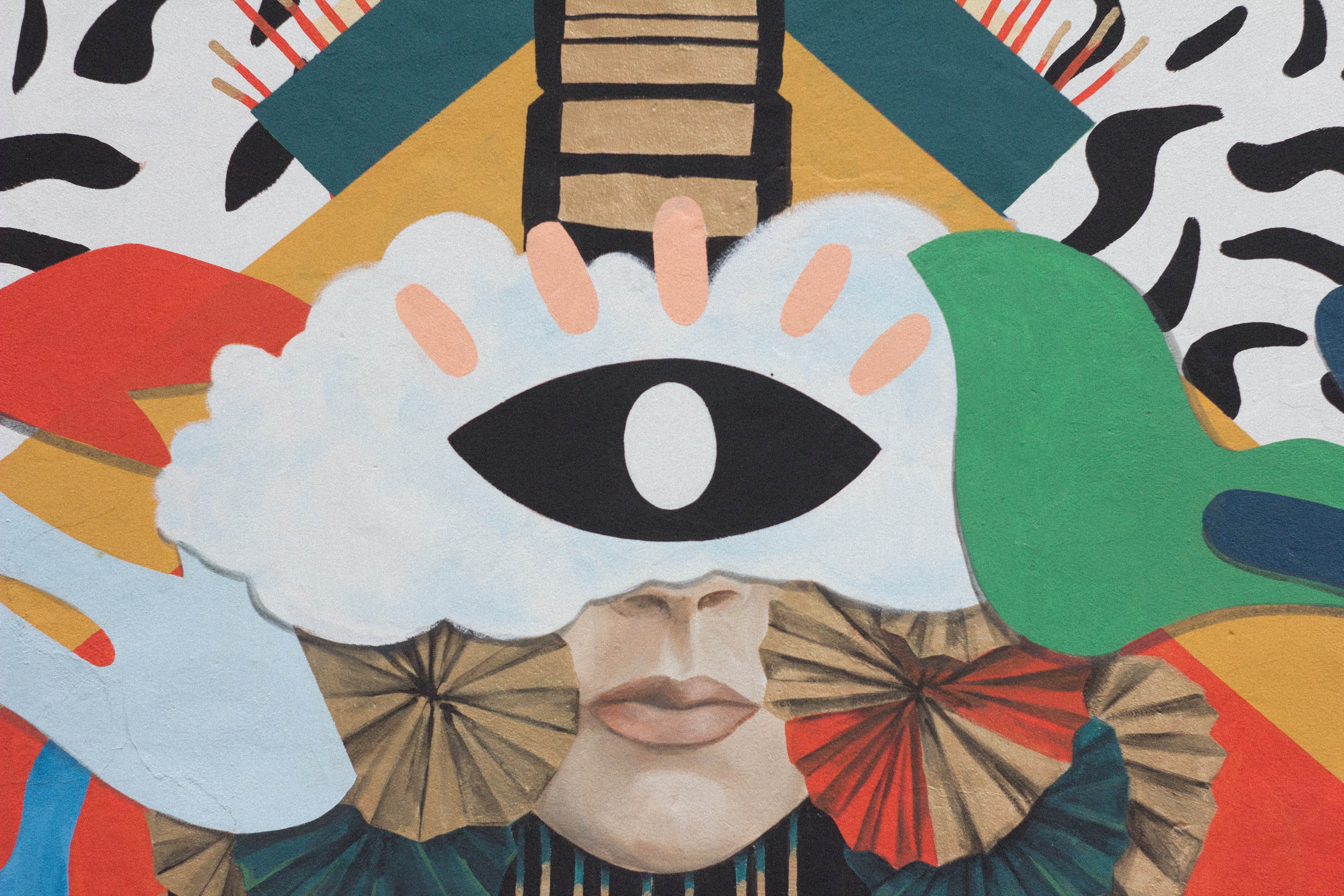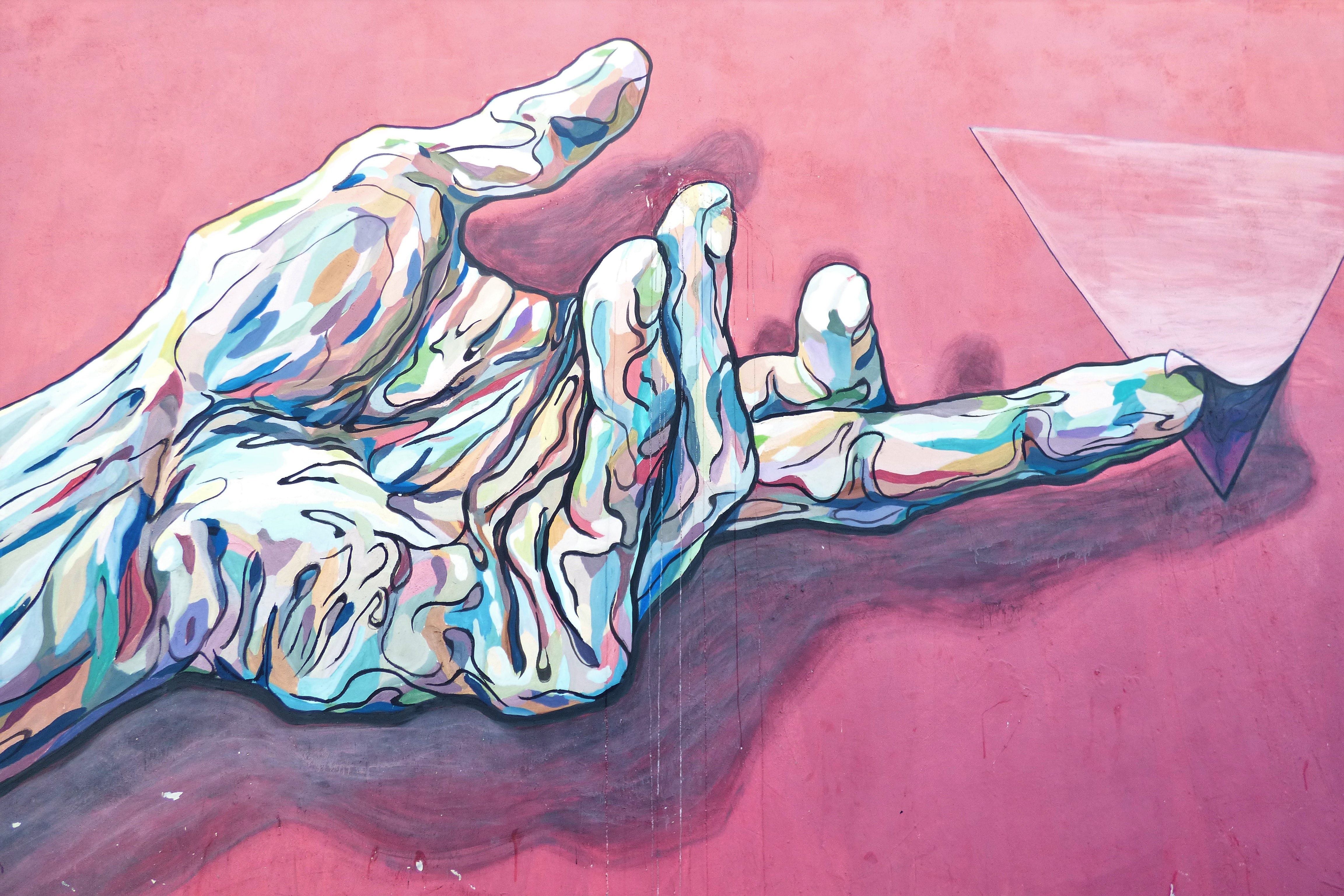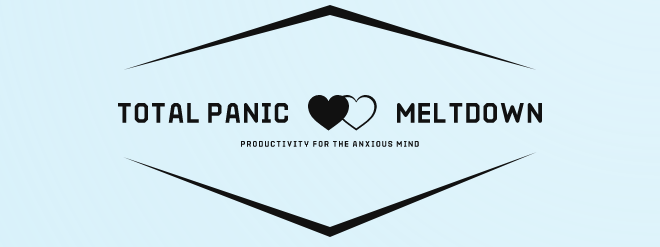As much as I appreciate the oft-touted self-care advice to “take a break” or “take some time to rest and relax” when your mental health is suffering, when you’re a person with mental illness, you can’t spend every moment of bad mental health “relaxing”. There’s thing called life that we have to live, regardless of whether your mental state is helpful or harmful to you that day. Those of us who are lucky enough to hold down a job despite repeated episodes of poor mental health know it’s not as easy as just “taking a break” until we can manage to be people again.
However, just because your mental health may be down the dumps today or any other day doesn’t mean you are unable to do what you need to do to take care of yourself and your responsibilities. If you’re unaware, I deal with 4 different diagnoses: social anxiety, major depression, bipolar II, and PTSD. Flashbacks, mood swings, panic attacks, and debilitating depression make it difficult to do what I need to do, but I have found a few ways to help myself be productive even when dealing with mental illness.
That said, if you are suffering right now and dealing with the pain of mental illness, know that you are not alone. Contact someone you care about before you do something you regret. While I do believe that mentally ill individuals can still be productive and motivated humans, it’s important that that productivity doesn’t come at the cost of your mental health.
Without further ado, here’s a few tips for staying productive when your mental health sucks.

Enhancing Your Productivity (No Matter What Your Mental Health Symptoms Are)
Daily life with mental illness can be a slog, especially if you haven’t managed to get your medication routine down or if you’re currently experiencing hardships like domestic violence, trauma, and other issues that often plague mentally ill populations. While there’s no “cure” for these feelings, being productive can have a profound impact on your self-esteem as well as your mood.
1. Write a To-Do List To Organize Your Mind
Organization is an onerous task, especially if you have a disorder that inhibits your ability to stay focused like ADHD or even OCD. No matter what disorder your deal with, taking one small step towards productivity is something that is accessible to everyone. I wrote a little bit yesterday about how to-do lists can benefit everyone if you’re interested in my personal productivity routine.
Writing a to-do list can not only help you to organize your mind for a more productive and motivated day, it will also enable you to see what you need to get done in a very concrete manner. Instead of drowning in tasks and not remembering to do important things, a list allows you to throw it all onto paper so that you are able to conquer your day.

2. If You’re Having A Bad Mental Health Day, Do Something Creative
Some mornings begin with anxiety roiling in my stomach from the very moment that I awake, and often that feeling doesn’t go away for most of the day. In an effort to get my mind off of whatever is bothering me, my favorite thing to do is force myself to be creative. Not only is practicing creativity an amazing distraction for your mind, it can also help to elevate your mood and allows you to express yourself, all at the same time.
I’m part of a number of art communities on Reddit like r/bipolarart and r/CPTSDart, and seeing the creativity that comes from the minds of my fellow mentally-ill warriors is always a great way to brighten my day. Becoming a part of a creative community full of people who are struggling with your same illness can be very affirming, as the support they provide is much kinder, gentler, and more understanding than most other art forums and communities online. I encourage you to seek these out, whether they are on Reddit, Facebook, Instagram, or Discord, and connect with your fellow creatives!
3. Dip Your Feet in Slowly to Mentally-Tough Tasks
Although being creative and getting organized can be helpful to your daily productivity, there’s really only one way to do the things you’ve dreaded, procrastinated, or generally just avoided. It can be mentally taxing to do something as simple as take a shower or do your laundry when you struggle with poor mental health, let alone completing the tasks you need to in order to be a responsible and mature adult.
One easy way that I help myself to get into work mode is to dip my feet in very slowly. When I have articles to write or essays to research, it can be incredibly overwhelming to just dive in and get to work if my brain isn’t being particularly kind that day. So I start by doing an easier, related task, like opening up my Google Docs or pulling a few links from Google to look at when I’m more “in it”. Soon enough, I usually find myself wading into the deep end of my work, able to tackle the difficult parts despite the mental toll it takes.

Don’t Give Up On Productivity
I’ve created quite a bit of Youtube content recently, and one thing that consuming Youtube videos has shown me is that the neurotypical world of productivity and motivation is quite inaccessible for those with mental illness. Videos showing those in med school or working hard jobs focusing for 10-12 hours at a time can be really demotivating when you are pursuing that same type of work with much less success.
Even if you never reach your “optimal productivity”, that’s okay. Being mentally well is more important than completing every task on your to-do list or burning yourself out in an effort to keep up with your neurotypical peers and colleagues.
Regardless of your journey towards mental wellness and living your most productive life, know that it’s possible for you to reach YOUR very best. It’s easy to compare yourself with the neurotypical world, but when you make your expectations a bit more realistic, you can succeed far more than you thought you would.

